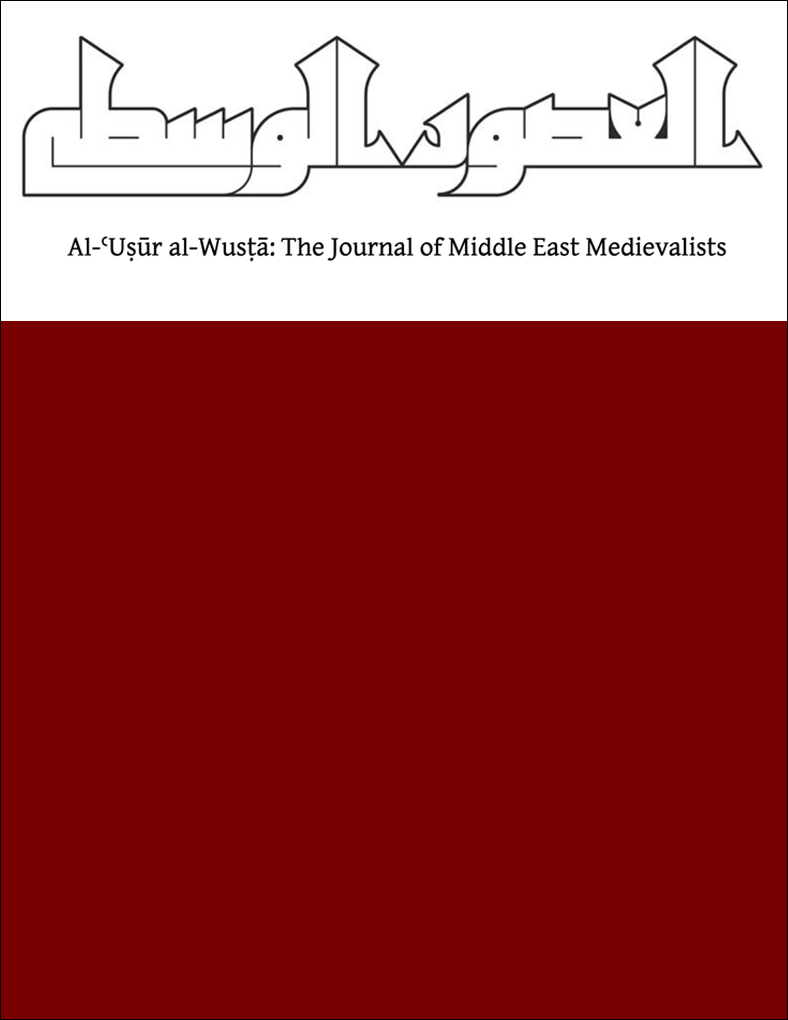Abstract
Even though there is a consensus among Muslim scholars that rebellion without valid grounds is not acceptable, they have disagreed on the permissibility of rebellion against an unjust ruler. Abū Ḥanīfa has a pivotal place in these debates, as he is the eponym of a law school that first dedicated a special chapter to rebellion (baghy) in its legal texts. Interestingly, however, the views attributed to him on the topic are inconsistent: Some sources claim that Abū Ḥanīfa acknowledged the legitimacy of even an unjust ruler’s rule on the grounds of avoiding unrest (fitna). Other sources argue that he supported armed struggle against unjust rulers to fulfill the principle of al-amr bi-l-maʿrūf wa-l-nahy ʿan al-munkar (enjoining the right and forbidding the wrong). Abū Ḥanīfa’s connection to some of the major revolts of his day against the Umayyads or the Abbasids is also contested. The aim of this paper is to collect and evaluate the diverse references to Abū Ḥanīfa’s views on rebellion in a variety of sources and to examine the motives behind these conflicting narratives. In conclusion, I argue that a quietist image of Abū Ḥanīfa seems to have gained popularity over time, but it is outweighed by reports about Abū Ḥanīfa’s support for movements against unjust rulers.

This work is licensed under a Creative Commons Attribution-NonCommercial-NoDerivatives 4.0 International License.
Copyright (c) 2022 Ayşegül Şimşek

